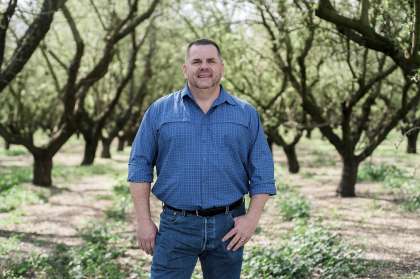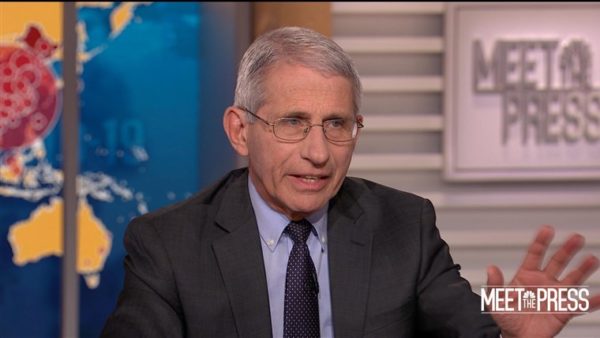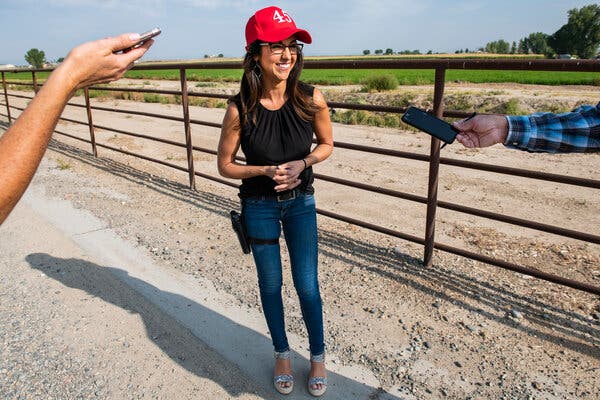With California’s economy racked by the coronavirus pandemic, a growing number of GOP congressional candidates are calling on Gov. Gavin Newsom to move much more quickly to fully reopen the state’s economy.
In Orange County, Mission Viejo Councilman Greg Raths, who will challenge Democratic Rep. Katie Porter in November, sued Newsom this month after the governor ordered the county’s beaches closed.
“The people of Orange County deserve better than this,” he said.
In the Central Valley, former Turlock (Stanislaus County) Councilman Ted Howze has started a campaign called “Trust the Valley,” urging Newsom to let local officials decide when to let businesses, schools and other institutions reopen.
“Central Valley towns and cities are very different from Los Angeles, San Diego, San Francisco. What works for those metropolitan areas may not be appropriate for our communities,” said Howze, who will face Rep. Josh Harder, D-Turlock, in the fall.

Newsom’s measured, stage-by-stage reopening process has to move faster, said Michelle Steel, an Orange County supervisor running against Democratic Rep. Harley Rouda of Laguna Beach.
“Nearly every week, I field calls from business owners who have been forced to lay off employees or employees who are barely scraping by,” she wrote in the Los Angeles Daily Pilot. “This simply cannot go on forever.”
While Newsom has eased the statewide restrictions for a number of counties, he has warned that moving too quickly risks rekindling the virus, bringing more deaths and even greater economic disruption.
The Republicans are gambling that voters are more worried about the state’s plunging economic numbers and soaring unemployment than they are about a pandemic that appears to be on the downswing.
That economic argument is a strong one, especially in counties where the financial impact from the shutdown has been far worse than than the health effects of the virus.
Much of the Central Valley, for example, has avoided the worst of the pandemic. Los Angeles County has reported more than 42,000 cases of the coronavirus and 2,000-plus deaths. Contrast that with Fresno, California’s 10th-largest county, with 1,372 cases and 22 deaths.
In smaller Central Valley counties, the virus’ health impact has been even smaller.
“If you pick a random voter off the street, most of them don’t know anyone who has had the coronavirus,” said Nathan Monroe, a political science professor at UC Merced. “But they all know someone who has lost work or who is barely making it” because of the shutdowns.
A call for rapid reopening plays well in many parts of the Central Valley, Monroe added. It’s not necessarily a partisan, Democrat versus Republican, issue, since the economic suffering crosses party lines.
Republicans are echoing the concerns of President Trump, who in recent days has all but declared victory over the coronavirus and is calling for California and other states to ease their restrictions and focus on jump-starting the economy.
But in California, a solidly Democratic state where Trump is deeply unpopular, GOP congressional candidates say their concerns are strictly about the local effects of Newsom’s antivirus efforts.
“I always have and I always will fight for the citizens of Orange County,” Steel said.
Brian Maryott, a San Juan Capistrano (Orange County) councilman who will face Democratic Rep. Mike Levin in November, has been one of the loudest voices calling for the state to back off from its restrictions.
“California needs to safely restart our economic engine right now,” Maryott said in an email to supporters last week. He started an online petition urging Newsom to reopen the state, held a virtual meeting to hear from people about their concerns and had a news conference Friday at a beauty salon, where he bemoaned the fact that personal care businesses still can’t reopen in most of the state.
“It’s been a long, drawn-out, micromanaged-from-Sacramento process,” he said in an interview. “Three weeks ago, people were anxious, but now they’re distressed. We all want to be safe … but we also want to get some normal life back.”
That normal life includes a return to in-person campaigning. Earlier this month, Maryott and his supporters were back out on the streets, knocking on doors and talking with voters.
“We used appropriate parameters, knocking and talking,” he said. “We found that people wanted very much to chat about the coronavirus and current affairs.”
In a clash that’s likely to be repeated across the state in coming weeks, Levin slammed Maryott’s decision to return to political business as usual.
Correction: Candidate Michelle Steel’s name was misspelled in an earlier version of this story.
Read More
While his team is working virtually and checking with voters by phone, “my Republican opponent is ignoring recommendations from health experts and knocking (on) doors anyway,” Levin said in a fundraising email. “It’s totally reckless.”
The Republican candidates’ focus on the financial effects of the coronavirus and the attempt to draw a contrast with the state’s Democratic leadership was inevitable, said Graeme Boushey, a political science professor at UC Irvine.
“The economy is the best issue they have,” he said. “But there’s still a lot of bipartisan support for the coronavirus restrictions, even among those who have been hurt and taken the hit.”
But an issue that pits Republicans and independents in swing districts against the all-Democratic leadership in the state capital has some political advantages, Boushey said.
In California elections, he said, “railing against Sacramento is a tried-and-true strategy.”
John Wildermuth is a San Francisco Chronicle staff writer. Email: jwildermuth@sfchronicle.com Twitter: @jfwildermuth

